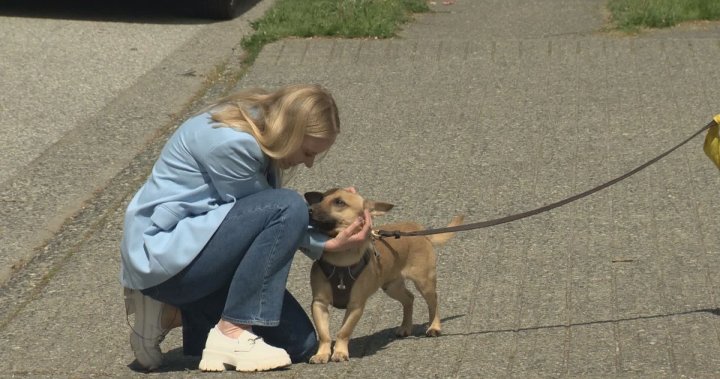Animal rescue organizations across Vancouver are facing an unprecedented challenge as social media platforms increasingly restrict their ability to connect pets with potential forever homes. What began as algorithmic tweaks has evolved into a critical barrier for shelters struggling to find homes for abandoned and surrendered animals.
“We’ve lost about 80 percent of our reach over the last year,” explains Daniela Gligorovic, founder of Happy Tails Animal Rescue. The Vancouver-based shelter, which once relied heavily on Instagram and Facebook to showcase adoptable pets, has seen engagement plummet dramatically. “Posts that used to reach thousands now barely make it to a hundred people. We’re drowning in animals and can’t get their faces in front of adopters.”
The root of the problem appears to be content moderation algorithms that increasingly flag animal adoption posts as potential sales activities. While platforms like Meta have policies prohibiting animal sales, legitimate rescue organizations are being caught in the same digital dragnet, despite operating as registered non-profits with stringent adoption screening processes.
For Vancouver’s already overwhelmed shelter system, the timing couldn’t be worse. The city has experienced a 43% increase in animal surrenders since 2021, according to data from the BC SPCA. The perfect storm of post-pandemic returns, housing insecurity, and rising pet care costs has filled shelters beyond capacity.
Melissa Patterson, digital coordinator for Paws United Rescue Society, describes the frustration: “We’ve had beautiful, adoptable dogs waiting for homes for months when previously they would have been adopted within days. We know the adopters are out there—we just can’t reach them anymore.”
Some shelters have resorted to creative workarounds, including coded language in posts to avoid triggering algorithms. “We never mention adoption fees or use words like ‘available’ anymore,” Patterson notes. “Instead, we say things like ‘this sweet boy is hoping to meet his new family’ and hope the post survives.”
Technology experts suggest the issue stems from overzealous algorithm training aimed at preventing illegal pet sales and animal exploitation. “These systems are designed to err on the side of caution,” explains Dr. Michael Chen, digital media researcher at the University of British Columbia. “Unfortunately, they’re not sophisticated enough to distinguish between commercial breeders and legitimate rescue organizations.”
The consequences extend beyond longer shelter stays. Organizations report increased operational costs as they must house animals for extended periods while searching for alternative promotional channels. Some smaller rescues have even been forced to pause intake, leaving more animals in precarious situations.
Vancouver City Councillor Sarah Mitchell has begun advocating for policy solutions. “We’re exploring ways the city might be able to create centralized adoption resources or work with these platforms to establish verified shelter status,” she said during a recent council meeting. “These organizations perform an essential community service and deserve support.”
Meanwhile, shelters are pivoting to email newsletters, local community events, and old-fashioned bulletin boards to spread the word about adoptable animals. The BC SPCA has invested in developing its own adoption website, though smaller organizations lack resources for such initiatives.
For now, animal lovers are encouraged to directly visit shelter websites rather than waiting for social media to show them adoptable pets. Many Vancouver-area shelters also host weekend adoption events at local pet supply stores.
As we navigate this digital challenge to animal welfare, one question remains: in our increasingly algorithm-driven world, how do we ensure that life-saving community services don’t become invisible simply because they don’t generate advertising revenue?










